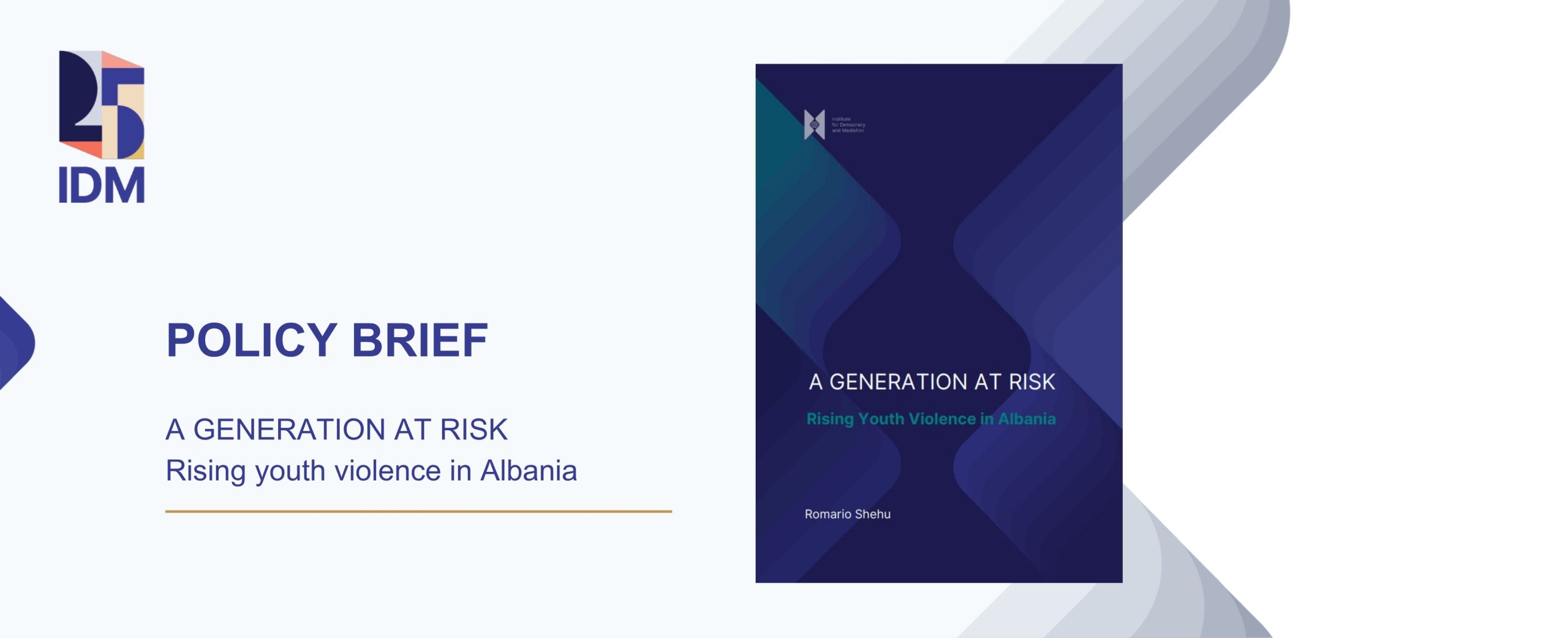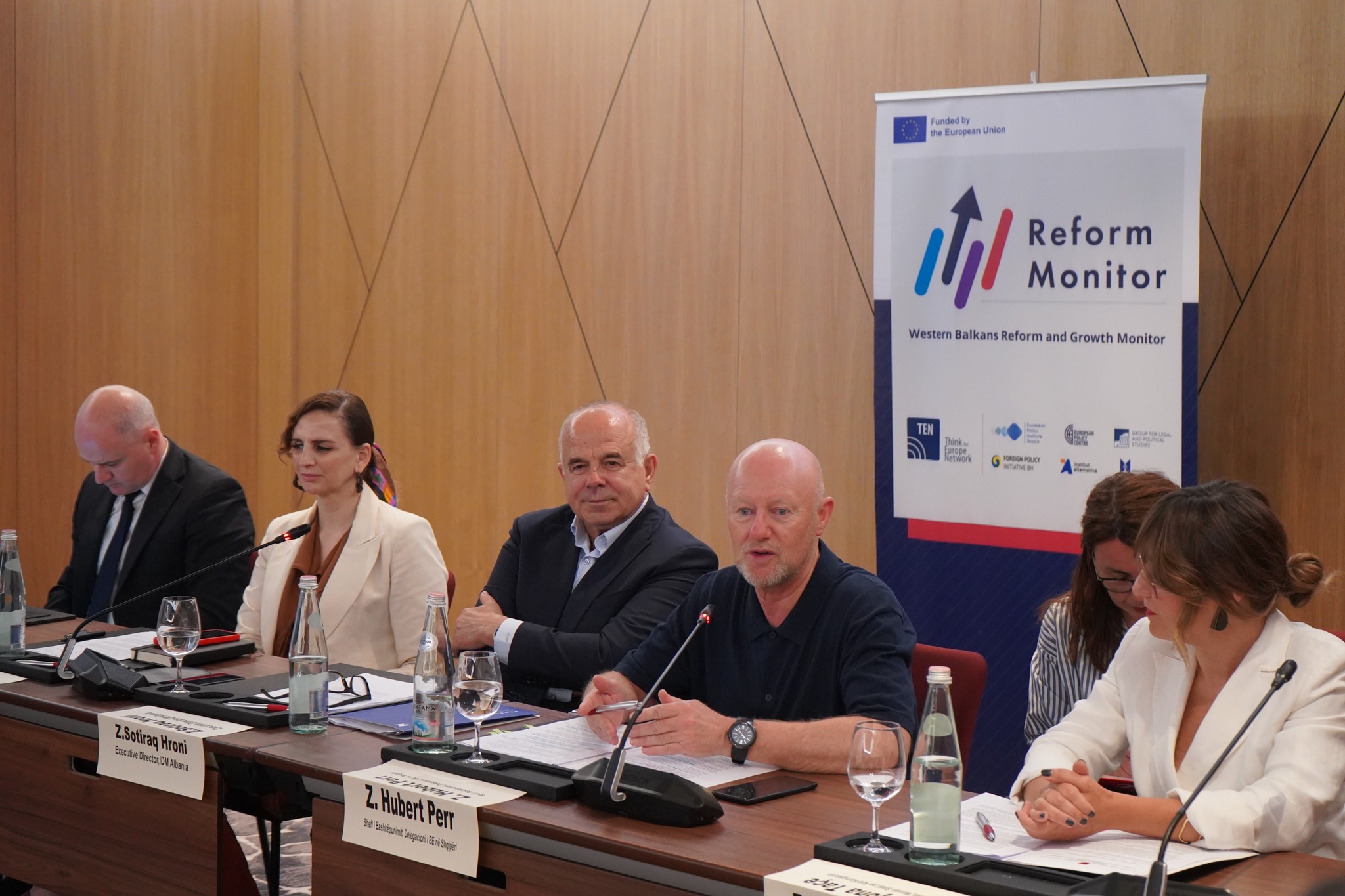10 April 2014, “Hotel Sirius”, Prishtina
On 10 April 2014, the Kosovar Centre for Security Studies (KCSS) Belgrade Centre for Security Policy (BCSP) and Institute for Democracy and Mediation (IDM), organized a public event in Prishtina, as part of the 5th meeting of the Security Research Forum: “Belgrade-Prishtina-Tirana”.
The conference launched the first public analysis on the progress and challenges to the integration of Serbian police officers in Kosovo Police as part of the Brussels Agreement. The research paper was a concrete outcome of the fruitful collaboration between two independent think tanks – Belgrade Centre for Security Policy and Kosovar Center for Security Studies.
The study disclosed details on the process of integration of former members of MUP in Kosovo Police. Moreover, it shed light on the security clearance process, training of the integrated Serbian police members, function of the KP Regional Commander in the northern part of Kosovo, and treatment of the former Serbian MUP members in other parts of Kosovo.
The publication provided an alternative analysis to this process, which is to a certain extent dominated by a lack of transparency and openness to public debate.
The event saw the participation of international stakeholders in Kosovo. The British ambassador, Ian Kliff, argued that “the integration is crucial for the future of the Belgrade-Prishtina dialogue and also for the strengthening of the rule of law in the region of the Western Balkans.
Despite remaining challenges, integration of Serbs in Kosovo Police is great progress for normalization”. In this regard, the Norwegian ambassador, Jan Braathu, stressed out that “Brussels Agreement is negotiated by elites. The role of think-tanks in that process is to increase transparency and help governments by criticism on how to improve the implementation of the Agreement”.
In conclusion, Florian Qehaja, the KCSS Executive Director stated that the cooperation between the think tanks, from Belgrade and Prishtina, has to be considered as an achievement in itself, since it breaks the taboo of non-cooperation and hostility between the Albanian and Serbian communities in Kosovo.







